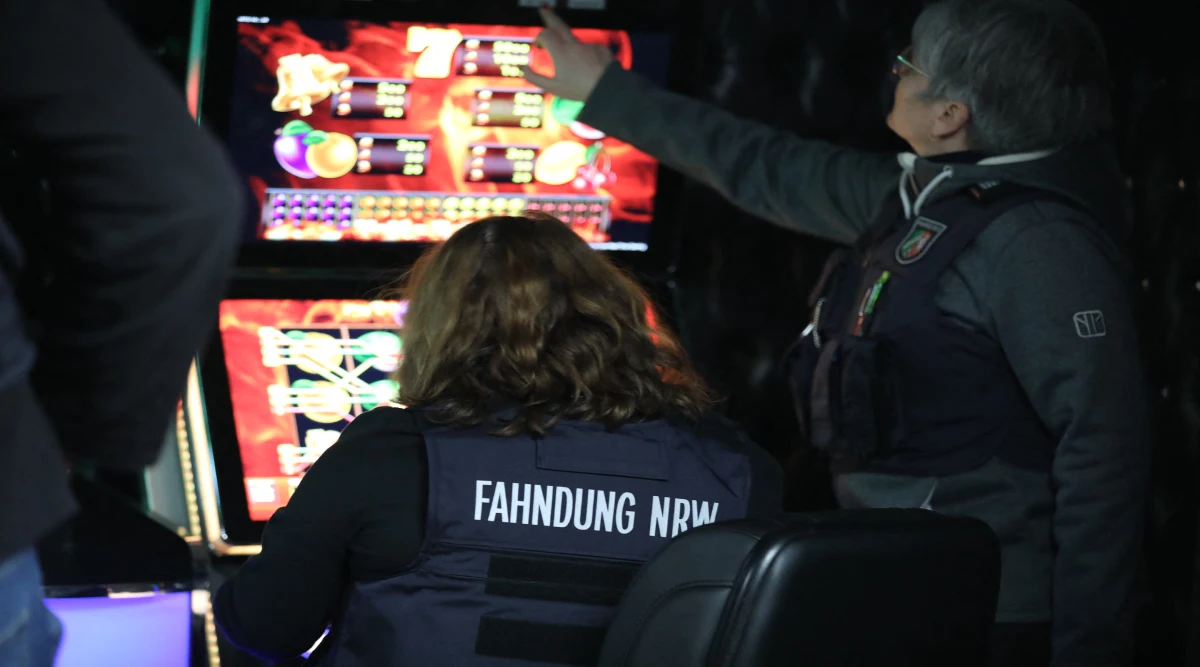
Gambling has been part of American culture for a long time. For some, it is an exciting activity full of risks and pleasures. But for others, it is a world of dangerous, illegal activities that negatively impact society and make many ask, before diving into a bet, why is gambling illegal or how to find legal places to bet.
So, in a bid to protect the vulnerable from gambling problems and limit the potential for organized crime in the industry, the U.S. government enforces some laws that lay restrictions on certain gambling activities.
Recently, law enforcement agencies states raided gambling sites in Michigan, Ohio, and North Carolina, which led to multiple arrests and the seizure of assets and cash. At both Federal and state levels, the United States frowns at Illegal gambling.
Today’s casino news will shed more light on why gambling is illegal in the U.S. and give you insight into the gaming activities termed legal or illegal in the country.
Understanding Why is Gambling Illegal in Many Places
One of the reasons why gambling is illegal in the United States is because of the different federal, state, and local laws regulating the industry. The federal government enacted some laws, mainly the Wire Act of 1961, which restricts interstate sports betting, and the 2006 Unlawful Internet Gambling Enforcement Act (UIGEA), which prohibits sports or casino online gambling-related financial transactions. However, states can make their own laws and regulate gambling within their territories.
States like Hawaii and Utah have banned almost every form of gambling, while other states like Nevada and Louisiana permit them to house thriving casino industries and some providers of casino games. Also, states like New Jersey, Michigan, and others restrict gambling to specific locations. The only way to escape these gambling laws is to move away from areas of restrictions to an area that is permissive to gambling.
Other laws have also been passed, including the Professional and Amateur Sports Protection Act of 1992 (PASPA), which was annulled in 2018. This law prohibited placing wagers on sporting events, except in states where they were already permitted. It continued until the Supreme Court declared it invalid in 2018.
The federal government, however, permits tribal gaming under the Indian Gaming Regulatory Act of 1988, provided it conforms to state laws.













